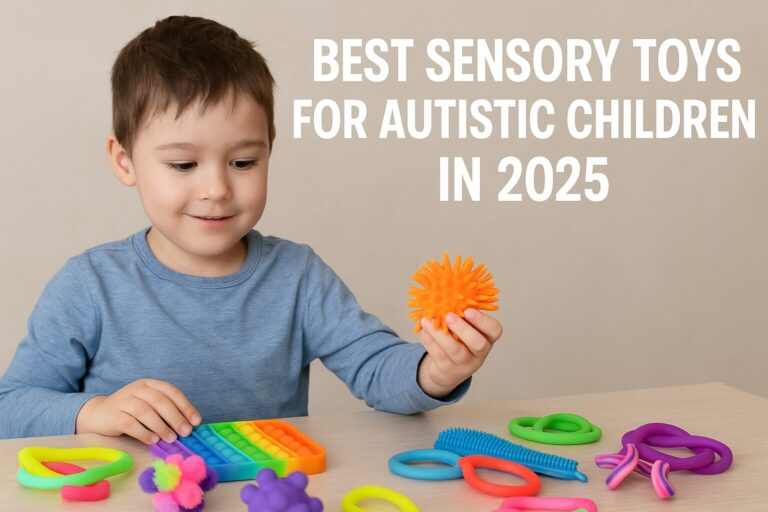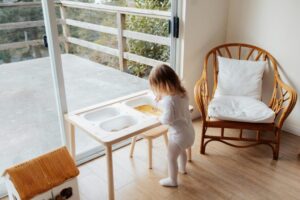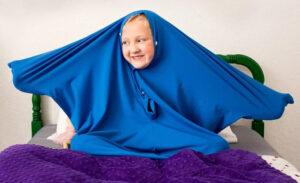Looking for the best sensory toys for autistic children in 2025? Whether your child is sensory-seeking or sensory-avoiding, the right toy can provide comforting regulation, spark joy, and support self-regulation. This guide features expert-curated picks organized by age, sensory type, and affordability — with top-rated options available on Amazon.
Note: Links to Amazon are affiliate links. As an Amazon Associate, SensoryGift earns from qualifying purchases.
What Makes a Great Sensory Toy for Autism?
Autistic children often benefit from toys that help regulate sensory input. Key categories include:
- Tactile: Squishies, putty, textured mats
- Vestibular: Swings, wobble boards, trampolines
- Proprioceptive: Weighted toys, body socks, compression
- Auditory: Calming sound machines, musical toys
- Visual: Lava lamps, bubble tubes, fiber optics
Best Sensory Toys by Age Group
Toddlers (Ages 1–3)
Textured Sensory Balls
Soft, teething-safe balls that spark tactile curiosity and build fine motor strength.
See on AmazonSensory Stacking Cups
Colorful cups with playful textures for stacking, pouring, and cause-and-effect play.
See on AmazonPreschoolers (Ages 4–6)
Weighted Stuffed Animal
Combines plush comfort with deep-pressure input to support calm and focus.
See on AmazonChewelry Necklace Set
Discreet oral sensory support that helps redirect chewing habits safely.
See on AmazonKids (Ages 7–12)
Kinetic Sand Sensory Set
Mold, sculpt, and squish for hands-on tactile exploration without major mess.
See on AmazonSensory Swing (Pod or Hammock)
A cozy retreat that provides vestibular input and creates a safe calming space indoors.
See on AmazonTeens
Fidget Ring or Pen
Subtle and discreet tools that help support focus and manage anxiety during class or study time.
See on AmazonNoise-Canceling Headphones
Essential for blocking overwhelming sounds and managing sensory overload in noisy spaces.
See on AmazonMulti-Sensory Gift Box Ideas for 2025
Create a thoughtful sensory-friendly gift package by combining:
- Weighted plushie (touch + pressure)
- Calming sound toy (auditory comfort)
- Scented dough or putty (smell + tactile play)
- Lava lamp or motion light (visual focus)
- Chewelry necklace (oral sensory support)
See our Amazon Sensory Picks for curated combinations.
Frequently Asked Questions
What is the best sensory toy for an autistic child?
There’s no single “best” toy—some children prefer weighted items, while others gravitate toward visual tools like bubble lamps. The best approach is to match toys to your child’s unique sensory profile. Try our Sensory Toy Finder Quiz for tailored picks.
Do sensory toys help autistic kids?
Yes. Sensory toys help support focus, calmness, and engagement during stressful or overstimulating moments.
Can sensory toys help prevent meltdowns?
Absolutely. Tools like weighted blankets, swings, and fidgets can redirect energy and help regulate emotions when used proactively.
Are sensory toys suitable for nonverbal children?
Yes—sensory play is nonverbal by nature and supports self-expression, exploration, and comfort regardless of communication style.



